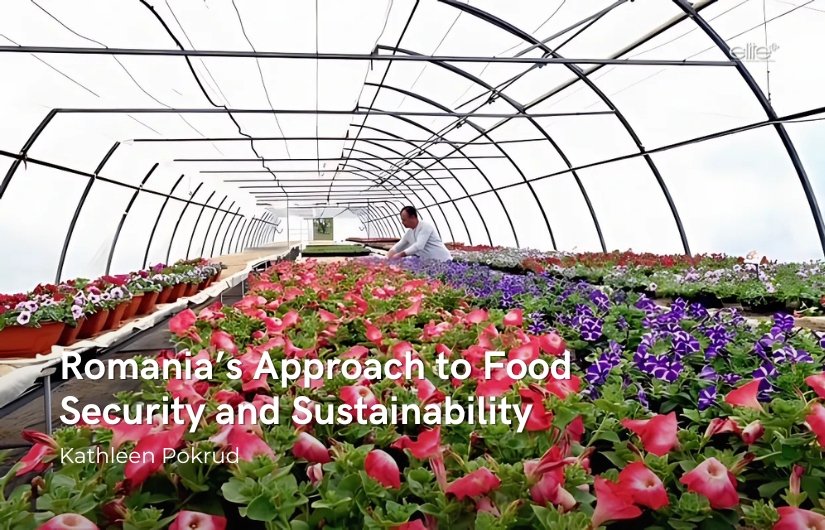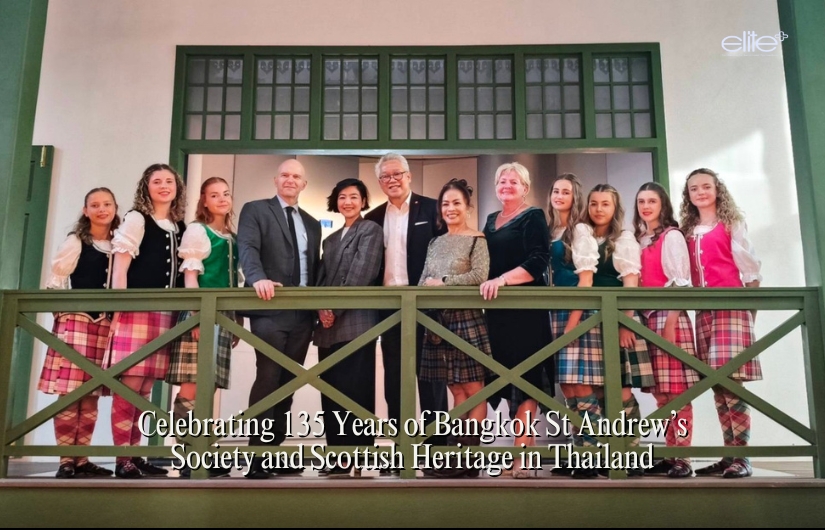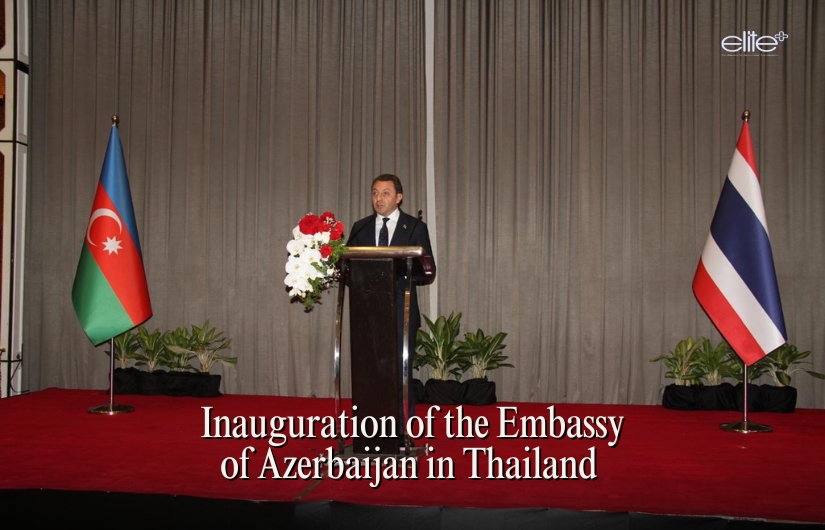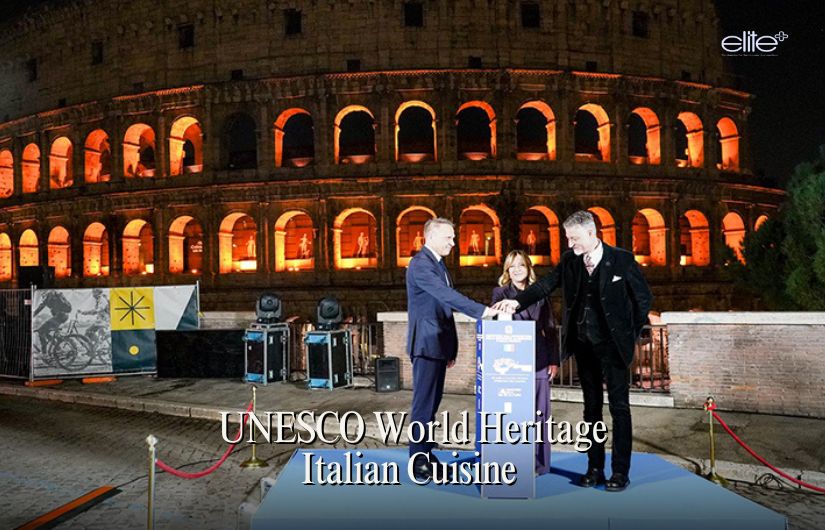Romania’s Approach to Food Security and Sustainability
By Kathleen Pokrud
Romania’s fertile land, diverse climate and strong agricultural traditions position it as a country with significant agricultural potential. The Romanian government has recognised the importance of leveraging this potential through industrialisation, support for food processing and enhanced access to domestic and international markets for Romanian agri-food products. I sat down with HE Ambassador Daniela-Brindusa Bazavan to learn about Romania’s approach to food security and sustainability.
Ambassador Bazavan began, “The main objective of the Ministry of Agriculture and Rural Development (MARD) is to ensure Romania's food security, which involves the development and implementation of appropriate agri-food policies to support and promote the agri-food sector. This aims at diversifying and increasing the competitiveness of agri-food products and ensuring the sustainable development of rural areas while maintaining food safety and environmental protection.”
She went on, “Romania’s organic sector is expanding, with nearly 700,000 hectares of certified organic farmland, benefiting from increased EU support and stronger collaboration between our government and stakeholders. Fertile land and natural pastures provide excellent conditions for organic production, and interest in sustainable food is growing. Efforts are being made to strengthen the value chain, develop processing capacity and integrate more organic products into the market. However, challenges persist, particularly in scaling up organic livestock production, ensuring better supply chain infrastructure and increasing consumer trust in organic certification. With continued investment and policy support, Romania is well-positioned to strengthen its role in organic food production.”
In terms of policies, Ambassador Bazavan explained, “Food sustainability is driven by the Common Agricultural Policy (CAP) Strategic Plan 2023-2027, which emphasises eco-schemes and rural development interventions. These encourage climate adaptation, biodiversity protection and sustainable practices such as reducing chemical inputs, adopting conservation techniques and managing soil and water resources responsibly.
“Key measures include crop diversification, agroforestry, sustainable livestock grazing and the promotion of organic farming. Romania also supports sustainable agriculture through educational events, public procurement incentives for organic products and collaboration with academic institutions.
“Sustainable food systems are now an integral part of Romania’s development strategy. As an EU member state, Romania aligns its policies with the CAP and global guidelines to build a competitive, sustainable agri-food sector. MARD is central to this effort, enhancing the food supply chain from production to consumption and improving legal frameworks for food waste reduction.
“Promoting local and traditional Romanian products is another priority. MARD encourages producers to use local resources and culinary traditions to create quality products, supported by certification and labelling systems. These efforts contribute to preserving Romania’s gastronomic heritage and boosting its competitiveness within the EU.
“Romania’s National Strategy for Sustainable Development 2030 further supports this transition. It promotes a circular economy, reduced resource consumption, waste reduction, increased recycling and greater sustainability awareness. This strategy aligns with the UN’s Sustainable Development Goal 12: Responsible Consumption and Production.”
On the subject of grassroots or private sector involvement, Ambassador Bazavan explained, “MARD actively involves civil society and the private sector in shaping agri-food policies. The Social Dialogue Commission (CDS) holds regular consultations with trade unions, employer associations and the Chamber of Commerce and Industry. These meetings are platforms for discussing legislative proposals and integrating feedback from stakeholders.
“Policy development is transparent and participatory. Proposals are shared for public comment and discussed in technical working meetings with representatives from the agri-food sector, academia and civil society. When proposals involve multiple institutions, inter-institutional working groups are created.
“The collaboration between civil society and the private sector is essential for the sustainable development of agriculture in Romania, contributing to the modernization of agricultural practices, increasing competitiveness and improving living conditions in rural areas.
Ambassador Bazavan went on, “MARD supports various initiatives through national and EU funding. The National Strategic Plan 2023-2027 receives funding from state budget financing while pursuing the establishment, expansion and modernisation of infrastructure for conditioning, storage and processing of agricultural and horticultural products. It is also involved in the creation and development of marketing and commercialisation components. It pursues investment that contributes to reducing greenhouse gas (GHG) emissions, promotes the circular economy and is used to develop digital solutions in conditioning, processing, marketing and management. At the same time, it investment in improving internal quality control and in specific sectors of the food industry, including the processing and preservation of meat; production of meat-based products; processing and preservation of fish, crustaceans and molluscs; processing and preservation of potatoes; the manufacturing, processing and preservation of fruits and vegetables; production of oils and fats; manufacturing of dairy products and cheeses and production of milling products, bread, cakes and fresh pastry products, as well as sugar production.
“These measures are designed to increase domestic food production, improve quality standards, and enhance Romania’s agri-food competitiveness globally.”
In the context of global challenges, the Ambassador commented, “Romania considers the following key elements for the resilience and transformation of food systems. The country works to ensure food security and population health by keeping rural areas vital and resilient to new challenges and changes. It provides efficient and effective solutions at the local level to increase, develop and transfer innovation, ensuring the development and strengthening of short supply chains as sustainable alternatives while focusing on integrated and forward-looking visions at the sectoral level.
“For Romania, the issue of food security is a complex one of the highest priority when it comes to economic stability closely linked to the population's diet, nutrition, development of agricultural production and rational use of the resources at our disposal.”
To conclude, Ambassador Daniela reiterated, “In the context of the current complex geopolitical situation, there is a need to strengthen our international economic cooperation by increasing the competitiveness of our agri-food sector at the international level with a positive impact on food security. We must consolidate the commercial balance of agri-food products while developing resilient and sustainable supply chains, and we must address the challenges posed by climate change to the agricultural sector by ensuring that the tools of mitigation and adaptation are used to prevent losses for a continuous, sufficient and sustainable food production for the world population.
“The Romanian Ministry of Agriculture remains firmly committed to supporting Romanian farmers in a period marked by unprecedented challenges, both geopolitical and climatic.”
Photo Courtesy of The Embassy of Romania






























































































































































































































































































































































































































































































































































































































































































































































































































































































































